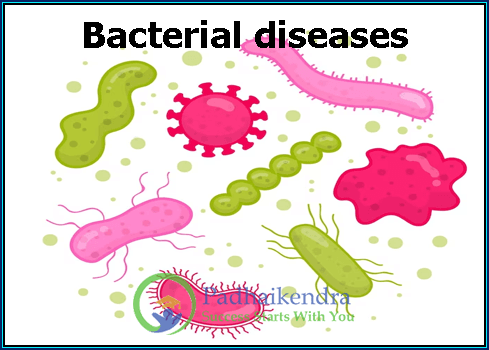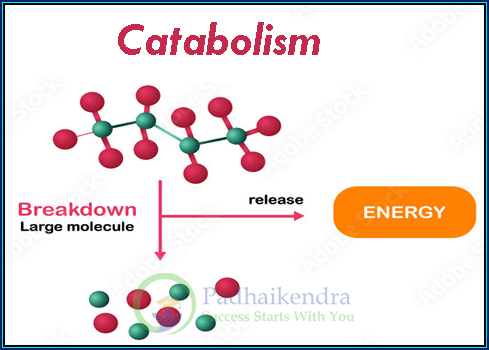Photosynthesis is an essential process for life on earth as it provides oxygen and organic compounds that serve as food and energy sources for all living organisms. Some of the specific importance of photosynthesis are:
- Oxygen production: Photosynthesis produces oxygen that is essential for the survival of most organisms on earth, including humans.
- Carbon dioxide fixation: Through photosynthesis, plants and other photosynthetic organisms convert atmospheric carbon dioxide into organic compounds, which they use as a source of energy and as building blocks for growth and development.
- Food production: The organic compounds produced by photosynthesis, such as glucose and other sugars, are the primary source of food for many organisms, including humans.
- Energy production: The organic compounds produced by photosynthesis, such as glucose, are also used as a source of energy through cellular respiration.
- Maintenance of ecological balance: Photosynthesis helps maintain the balance of atmospheric gases, such as oxygen and carbon dioxide, which are essential for the survival of all organisms on earth.
- Fossil fuel formation: Fossil fuels, such as coal, oil, and natural gas, are derived from ancient photosynthetic organisms, which have been transformed through geological processes over millions of years.





